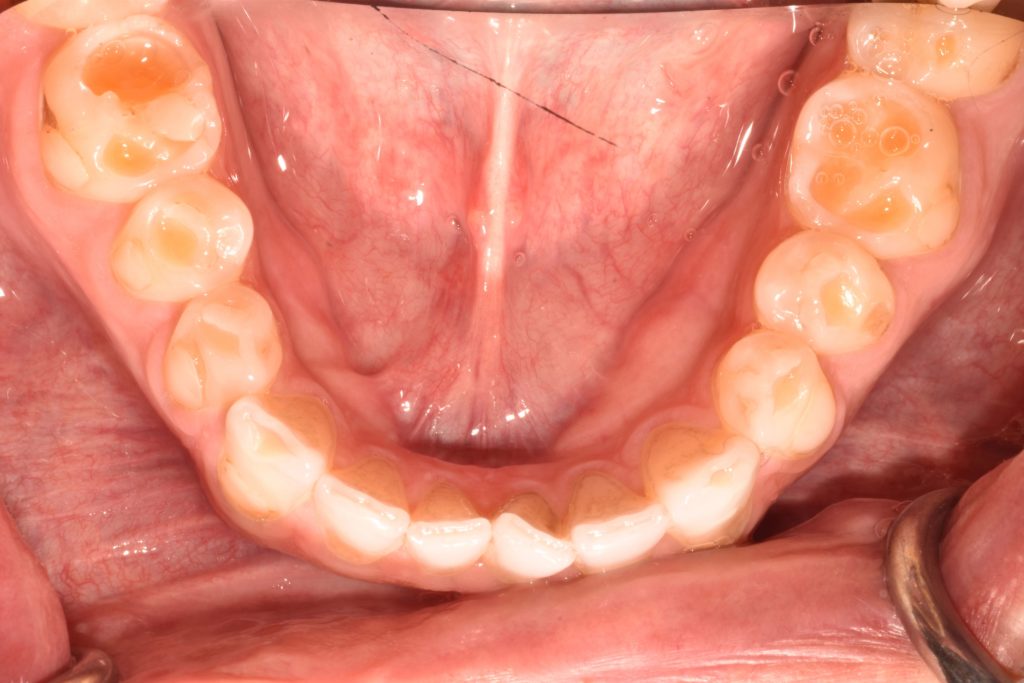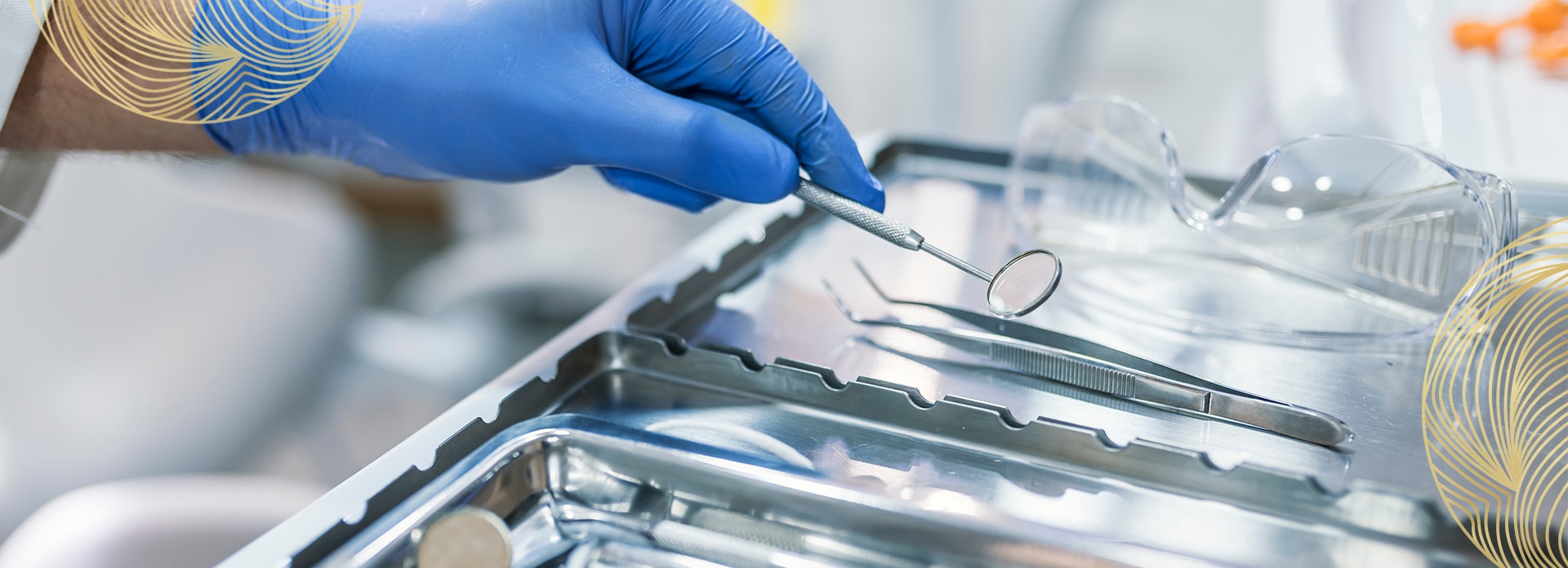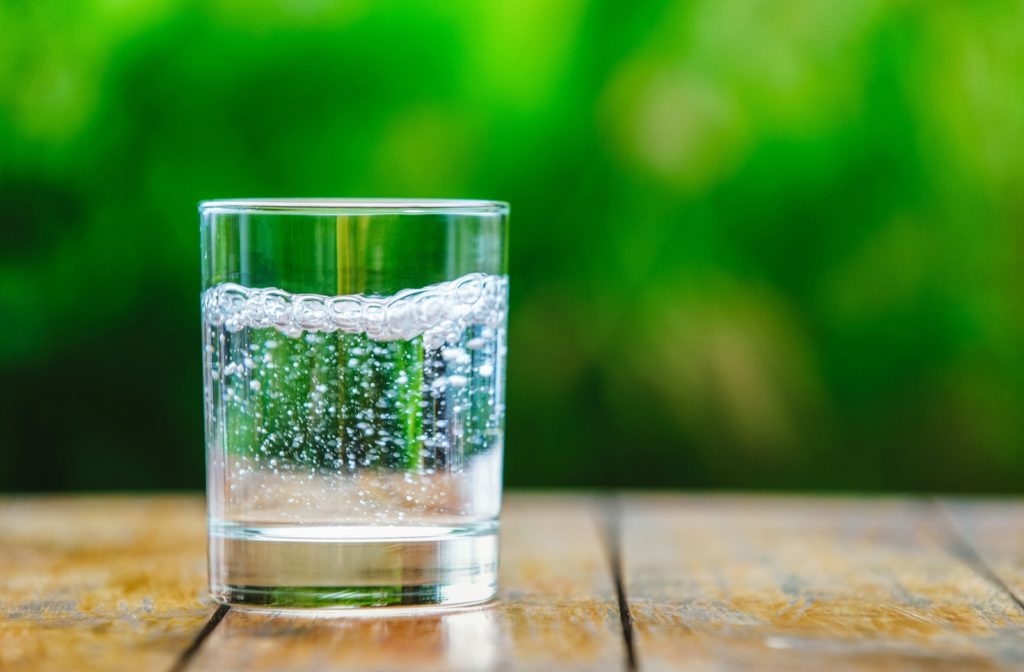You hear it all the time—avoid sugary sodas because they are bad for your teeth. In order to keep up with your oral hygiene, you ditched the pop and juice and switched to sparkling water. Great, right? Maybe not.
Sparkling water, while better overall for your health owing to the lack of refined sugar, might actually be harmful to your teeth. How? Read on to learn about the potential dangers of carbonated beverages.
If damage has already occurred after imbibing plenty of the bubbly stuff, a skilled dentist will be able to help you get your oral hygiene back up to par.
Eroding Your Enamel
Soda water and sparkling water are popular alternatives to sugary drinks, but these seemingly healthy beverages can actually do a lot of harm to your teeth. The carbonated beverages erode the enamel of your teeth.
Enamel is the coating on your teeth that protects them from the daily activities of biting and chewing. Strong enamel is imperative for a healthy bite and healthy teeth.
Even the unflavoured carbonated waters, without sugar or dyes, can have a negative effect on your teeth. Believe it or not, they are acidic. The neutral pH level is 7 and anything above it is considered alkaline. Researchers found that sparkling waters have a pH that ranges from 4.18 to 5.87. Tooth enamel begins breaking down at a pH level of 5.5.
If your carbonated water tastes particularly bubbly, it is probably more acidic. That means it is worse for your enamel.

Which Teeth Are Damaged by Sparkling Water?
All of your teeth are susceptible to being damaged by excessive consumption of sparkling water. Most commonly, the lower molars are the first to be damaged, simply because of gravity. The liquid pools in the back of the lower jaw prior to being swallowed.
You might think that using a straw will help you “bypass” your teeth—not the case. If you use a straw, the inside of the upper teeth can be worn away.
What If My Teeth Have Been Damaged?
If damage has already been done, you may notice that your teeth have become soft owing to the enamel wearing away, exposing the dentin layer. When this happens, your teeth will be sensitive to hot and cold, as well as becoming more prone to decay.
A chronic sparkling water habit that has affected many teeth could change the entire dimensions of the face as the teeth may have decreased in size significantly. This is a particular problem with the back teeth—the ones most affected by carbonated water—as they get smaller in volume, causing the face to look shorter.
The front teeth get thin and, as damage progresses, can start to look translucent or gray. They may also begin to chip easily. The amount of tooth that has been damaged will determine what type of restorative material can be used to bring your smile back to brilliance.
Mild damage can be fixed with a white filling bonded to the eroded surface, while more significant damage may require a crown. Severe damage could mean that every tooth in the mouth will have to be rebuilt with crowns.
Do I Have to Stop Drinking Sparkling Water?
Does this mean you can never have sparkling water or other carbonated beverages? Not at all. If you choose to consume sparkling beverages, do so in moderation. Aside from eroding your enamel, another drawback to always choosing carbonated water over regular water is that sparkling water lacks fluoride, an essential substance for healthy teeth.
Consider alternating sparkling water with plain water. Instead of having 3 glasses of sparkling water, have a glass of regular water in between. You should also rinse your mouth out with plain water after having carbonated water and never brush your teeth right after drinking carbonated water. You will do more harm by scrubbing the acid into your teeth.
Call a Cosmetic Dentist
Damaged teeth due to sparkling water consumption can lead to insecurity when you smile. Everyone wants white teeth and a stunning smile, but when enamel erosion occurs, it can be hard to love the look of your teeth. Fortunately, dentists who are skilled at cosmetic restorations can assist you in regaining your confidence and bringing your teeth back to full functionality.




